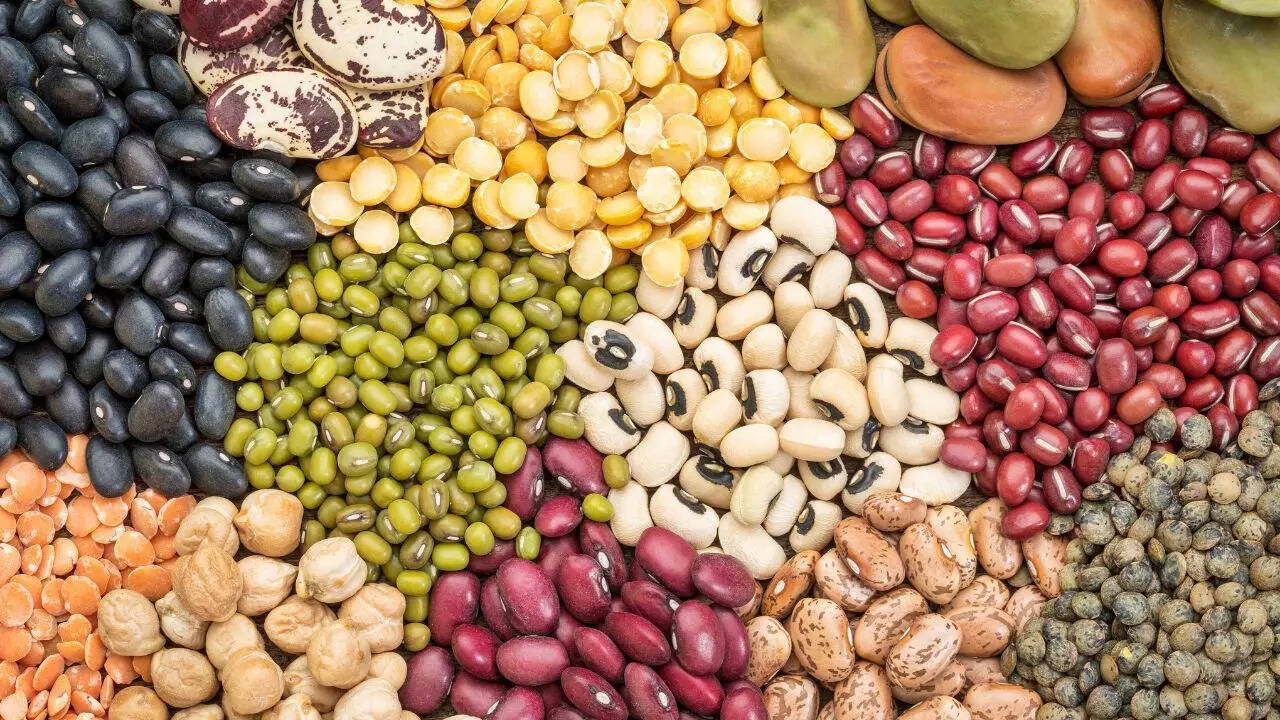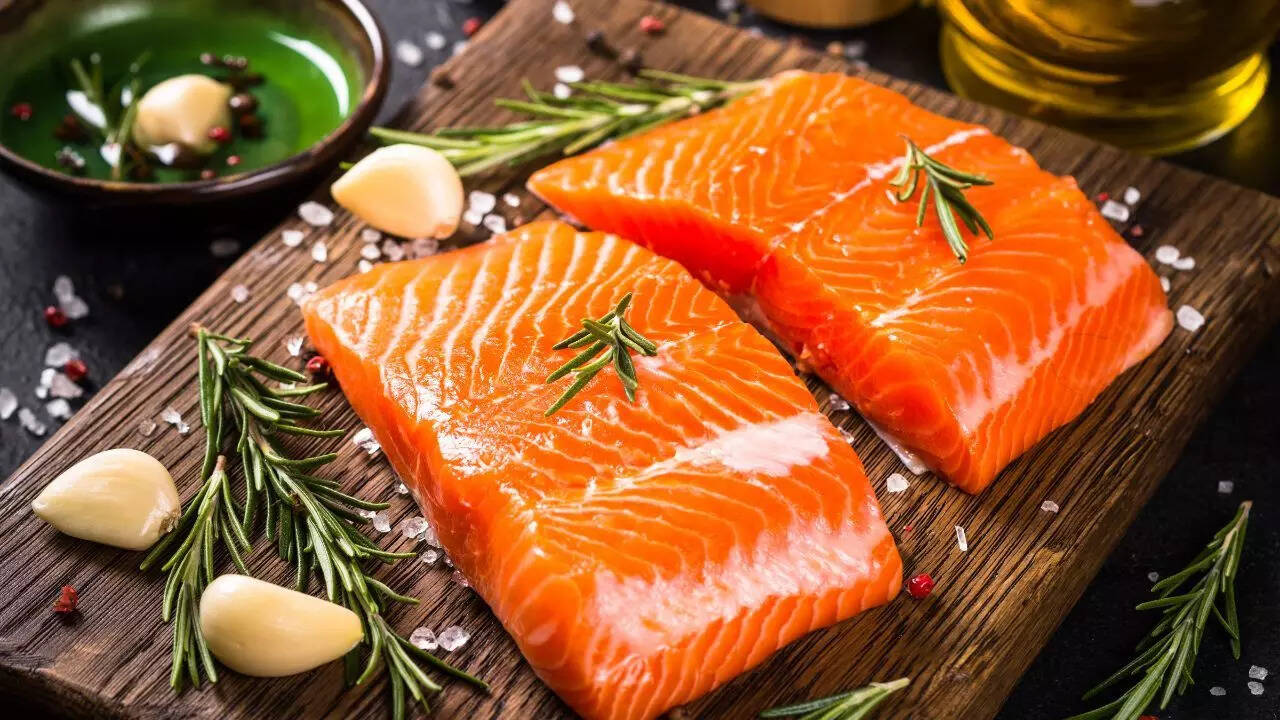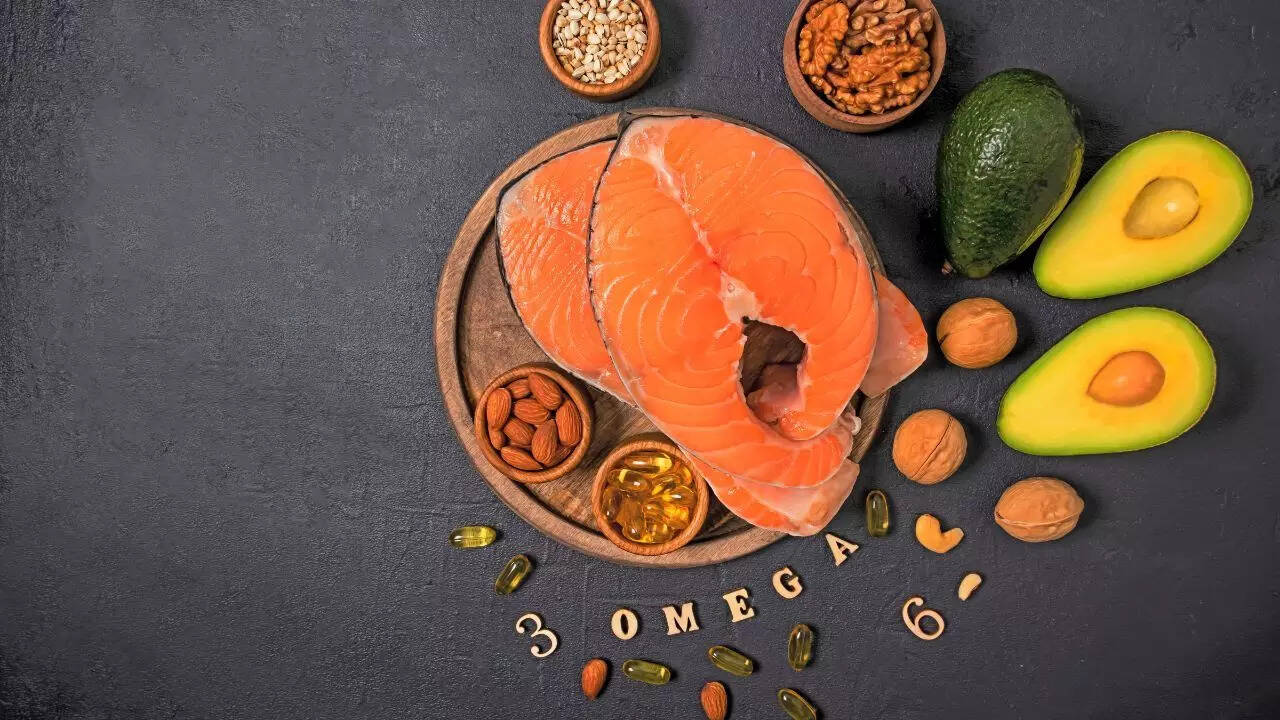ARTICLE AD BOX

Maintaining liver health is essential for overall well-being. The liver is responsible for detoxifying the body, metabolizing fats, producing bile, and storing nutrients. When the liver is damaged, as in nonalcoholic fatty liver disease (NAFLD), it struggles to perform these vital functions.
NAFLD occurs when excess fat accumulates in the liver, and it is increasingly common in people with obesity, type 2 diabetes, or metabolic syndrome. Unlike alcohol-related liver disease, NAFLD develops without heavy alcohol consumption. There are two main types of NAFLD:Nonalcoholic fatty liver (NAFL): Fat builds up in the liver without inflammation. Liver enlargement may occur, sometimes causing discomfort.Nonalcoholic steatohepatitis (NASH): Fat accumulation is accompanied by inflammation, which can progress to cirrhosis and liver failure if untreated.A well-balanced diet, combined with exercise and lifestyle modifications, is the cornerstone for improving liver health, slowing disease progression, and supporting healthy weight management.
Fatty liver: 10 foods to eat for better liver health and natural healing
Coffee

Coffee is more than just a morning pick-me-up—it has demonstrated protective effects for liver health.
Studies show that regular coffee consumption is linked to a reduced risk of NAFLD and slower progression of liver fibrosis. Coffee may also help lower abnormal liver enzymes, which are indicators of liver stress or damage.The beneficial effects are likely due to coffee’s antioxidant compounds, which help reduce inflammation and oxidative stress in liver tissue.Leafy greens

Spinach, kale, and other leafy greens contain polyphenols and nitrates that may help prevent fat buildup in the liver.
Observational studies suggest that raw spinach, in particular, reduces the risk of NAFLD. Cooking greens may reduce some antioxidant activity, making fresh, raw vegetables particularly beneficial.Leafy greens also support blood sugar regulation and provide essential vitamins and minerals that aid overall metabolic health.Beans and Soy

Legumes such as lentils, chickpeas, peas, and soy products provide high-quality plant protein and resistant starches, which help improve gut health and reduce triglyceride levels.Soy contains β-conglycinin, a protein that may reduce visceral fat and protect liver tissue. Tofu, made from soy, is a low-fat protein source, making it ideal for individuals managing liver fat and overall calorie intake. Regular consumption of beans and soy is linked to a lower likelihood of developing NAFLD.Fatty Fish

Fatty fish like salmon, sardines, tuna, and trout are rich in omega-3 fatty acids, which reduce liver inflammation and fat accumulation.
Omega-3s also improve HDL cholesterol and lower triglyceride levels, both important for liver protection. Including fatty fish in your diet at least 2–3 times per week can significantly benefit liver function.Whole grains

Whole grains such as oatmeal, brown rice, and quinoa provide dietary fiber that supports digestion, reduces triglyceride levels, and helps manage weight. Fiber-rich diets are associated with a reduced risk of NAFLD progression.
Oats, in particular, are beneficial for regulating blood sugar and promoting satiety, making them an essential staple for liver-friendly diets.Nuts

Nuts, including walnuts, almonds, and pistachios, are rich in healthy fats, protein, and antioxidants. Consuming nuts regularly is linked to lower inflammation, oxidative stress, and improved insulin sensitivity, all of which support liver health. Studies suggest that people with NAFLD who eat nuts have improved liver enzyme levels and overall metabolic health.Turmeric

Turmeric, a bright yellow spice, contains curcumin, which has anti-inflammatory and antioxidant properties. Research shows that curcumin supplementation can lower ALT and AST levels, markers of liver injury in NAFLD patients. Adding turmeric to your meals or taking it as a supplement may help protect your liver over time.Sunflower Seeds

Sunflower seeds are an excellent source of vitamin E, an antioxidant often used in managing NAFLD.
Just 100 grams of sunflower seeds provide over 100% of the recommended daily intake of vitamin E. Incorporating sunflower seeds into snacks or meals can help reduce oxidative stress and support liver cell repair.Unsaturated Fats

Replacing saturated fats from butter, fatty meats, and processed foods with unsaturated fats from olive oil, avocados, nut butter, and fatty fish benefits both liver and heart health. Diets like the Mediterranean diet, rich in unsaturated fats, vegetables, fruits, and legumes, are recommended for individuals with NAFLD due to their anti-inflammatory properties.Garlic

Garlic offers more than flavor—it may support weight management, reduce liver fat, and improve liver enzyme levels. Studies show that garlic consumption, whether raw or in supplement form, can help reduce NAFLD progression. Including garlic in daily meals is a simple way to boost liver function naturally.
Fatty liver diet: Foods to avoid
While a balanced diet can improve liver health, certain foods make the condition worse and should be minimized or avoided.
These items either promote fat buildup, increase inflammation, or place extra stress on the liver, making recovery more difficult.AlcoholAlcohol is one of the most harmful substances for the liver. Even in small amounts, it directly damages liver cells and accelerates inflammation and scarring. For individuals with fatty liver disease, alcohol consumption can speed up progression to cirrhosis and liver failure.Added SugarsFoods high in added sugars—such as candy, soda, pastries, and fruit juices—cause rapid spikes in blood glucose and insulin levels.
This leads to greater fat storage in the liver. Over time, these sugars also increase the risk of obesity and type 2 diabetes, both of which worsen NAFLD.Fried FoodsFried foods are loaded with saturated fats and calories, which encourage fat buildup in the liver. They also contribute to weight gain, making it harder for the body to process fats efficiently. Eating fried foods regularly is a strong risk factor for worsening fatty liver disease.Excess SodiumHigh levels of sodium (salt) increase blood pressure and cause the body to retain fluids. For people with liver disease, excess sodium can worsen swelling, fluid retention, and even trigger liver scarring. Reducing sodium intake is essential for protecting both the liver and cardiovascular system.Refined GrainsWhite bread, white rice, and pasta are made from refined grains that have been stripped of fiber. Without fiber, these foods digest quickly, causing blood sugar spikes.
This, in turn, increases fat storage in the liver and contributes to insulin resistance, a major factor in NAFLD progression.Red and Processed MeatsBeef, pork, sausages, and deli meats are high in saturated fat and sodium. Excess saturated fat increases liver inflammation and fat accumulation, while sodium raises blood pressure and strains liver function. Highly processed meats also contain preservatives and additives that may worsen overall liver health.
Lifestyle tips to enhance liver health
- Exercise regularly: Aim for at least 30 minutes of aerobic activity most days to support weight management.
- Manage blood lipids: Limit saturated fat and sugar intake; consult a doctor if medication is necessary.
- Control blood sugar: A balanced diet and regular activity help prevent diabetes-related liver damage.



.png)
.png)
.png)
















 1 hour ago
5
1 hour ago
5









 English (US) ·
English (US) ·